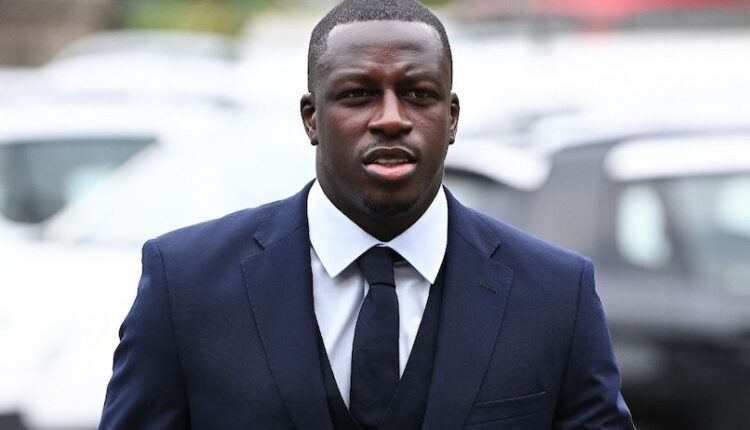FIFA has announced that it will hold a global consultation to possibly change its transfer system after the European Court of Justice (ECJ) ruled that some of its transfer rules broke European Union (EU) competition laws.
The court’s decision came after former Chelsea and Arsenal midfielder Lassana Diarra sued FIFA, arguing that the rules restricted his freedom of movement.
Diarra’s case centered around a FIFA regulation that holds clubs jointly liable to compensate a player’s former club when signing a free agent, if the player’s contract was terminated without just cause.
Diarra, who had his contract with Russian club Lokomotiv Moscow terminated in 2014, argued that this rule hindered his ability to find a new club, breaching EU competition law. The court sided with Diarra, highlighting FIFA’s refusal to provide him with an international transfer certificate (ITC) for a proposed transfer to Belgian club Charleroi in 2015.
The ECJ ruled that FIFA’s regulations “impede the free movement of professional footballers wishing to develop their activity by going to work for a new club.” This decision highlights the need for FIFA to align its regulations with EU law, ensuring that players’ rights to freedom of movement are not compromised by restrictive transfer rules.
According to BBC report, in response to the ruling, FIFA announced a “global dialogue” with key footballing stakeholders, including clubs, players, and associations, as part of an ongoing effort to modernize its regulatory framework. Emilio Garcia Silvero, FIFA’s chief legal and compliance officer, stated, “Fifa sees the Diarra decision as an opportunity to keep modernising its regulatory framework, which has been one of the declared objectives of the Fifa president since 2016,”
Despite the ruling, a FIFA spokesperson expressed satisfaction that key principles of the transfer system were upheld, adding that the organization is committed to adapting its regulations to align with modern legal standards while maintaining the integrity of the transfer system. This process will likely lead to significant changes in the global football transfer market, addressing issues around freedom of movement for players and ensuring compliance with EU law.


Comments are closed.